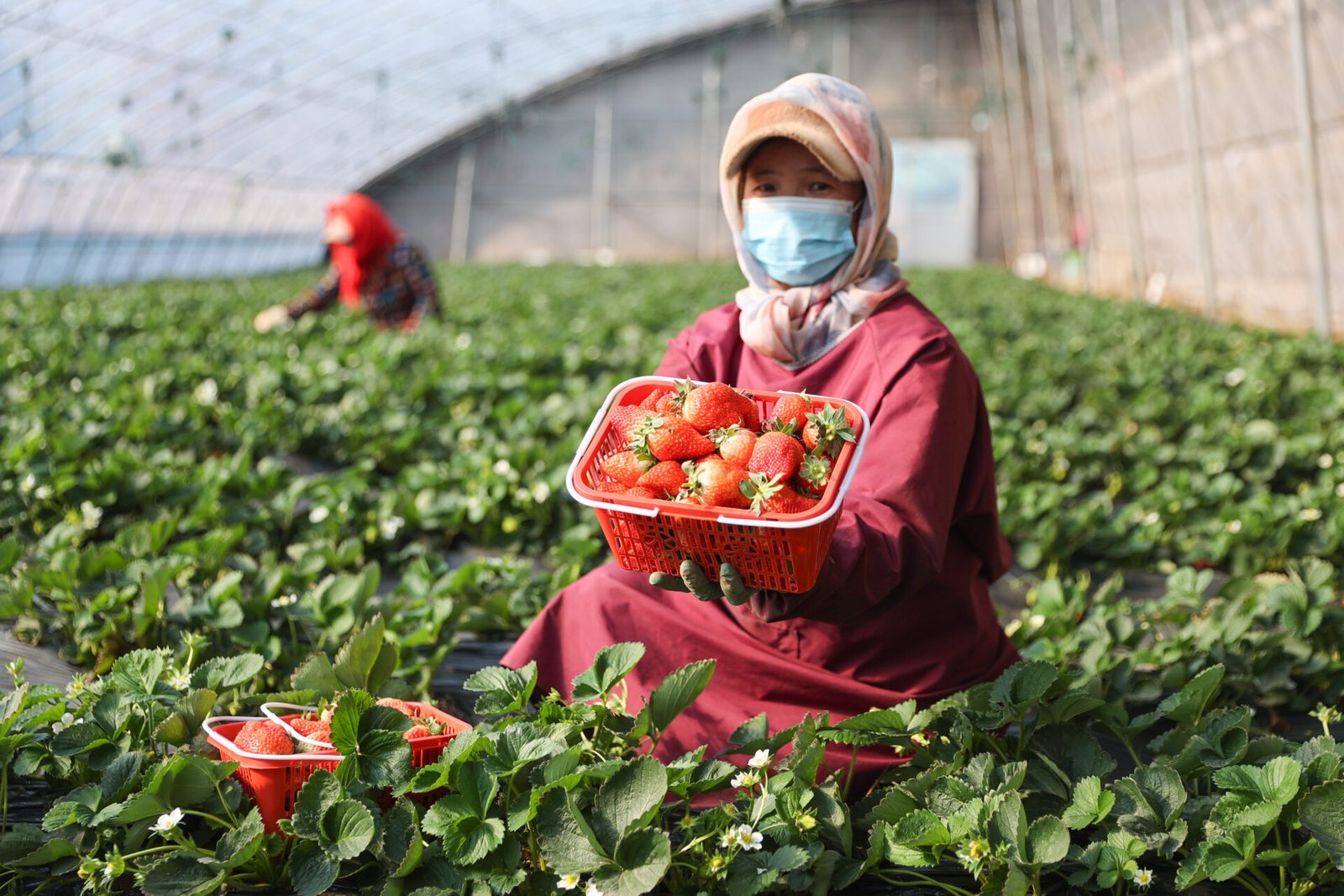In the intricate tapestry of Chinese agriculture, the solar term Major Snow, known as ‘Daxue’ in Mandarin, plays a pivotal role. As the 21st of the 24 solar terms of the traditional Chinese calendar, it marks a critical juncture in the agricultural year. This period, deeply rooted in centuries-old practices, continues to guide farmers in their annual cycle of sowing, growing, and harvesting.
Major Snow typically arrives in early December and heralds a significant shift in the climate, especially in northern China. This period is characterized by a sharp drop in temperatures and the onset of heavier snowfalls. For farmers, this is not just a change in weather; it’s a signal to adapt their agricultural practices to the challenging winter conditions.
The 24 solar terms of the Chinese calendar are more than just markers of time; they are a guidebook for agricultural life. This ancient system, based on astronomical observations, has been indispensable for Chinese farmers for millennia. It dictates the optimal times for planting and harvesting, ensuring that crops are grown in harmony with the natural rhythms of the environment. Major Snow, in particular, serves as a reminder for farmers to conclude their harvest and prepare for the colder months ahead.
During Major Snow, the focus of farming activities shifts. In many parts of northern China, where the landscape becomes blanketed in snow, the primary task is harvesting the crops that thrive in cooler temperatures. This includes a variety of winter vegetables and grains, which must be gathered before the harshest winter conditions set in. The harvested produce is vital, not just for immediate consumption but also for ensuring food supply throughout the winter months.
The work doesn’t stop with the harvest. Farmers also engage in preparing their fields for the next growing season. This involves a range of activities from enriching the soil to repairing and maintaining agricultural equipment. The downtime provided by the colder weather allows farmers to plan for the year ahead, ensuring that when the cycle begins anew with the coming of spring, everything is ready.
Major Snow is also a time for farmers to engage in traditional practices that have been passed down through generations. These include methods of preserving food, such as pickling and drying, which are essential for maintaining a food supply during the winter. The knowledge and skills involved in these practices are a testament to the ingenuity and resilience of rural communities in China.
In addition to its practical implications, Major Snow holds cultural significance. It’s a time that underscores the deep connection between the land and the people who cultivate it. This connection is celebrated in various ways, from local festivals to the creation of art and literature inspired by the winter landscape and farming life.
As modernization continues to transform rural China, the relevance of the solar terms, including Major Snow, remains undiminished. They continue to provide a framework for agricultural activities, blending ancient wisdom with contemporary farming techniques. This blend ensures that the practices remain sustainable and in harmony with the natural world.
In conclusion, Major Snow is not just a phase in the Chinese calendar; it’s a crucial period for agriculture in China. It represents a time of transition and preparation, a period when farmers harness centuries-old knowledge to navigate the challenges of winter farming. The practices and traditions observed during this time reflect the enduring relationship between humans and nature, a relationship that continues to shape the rural landscape of China.
READ MORE:
